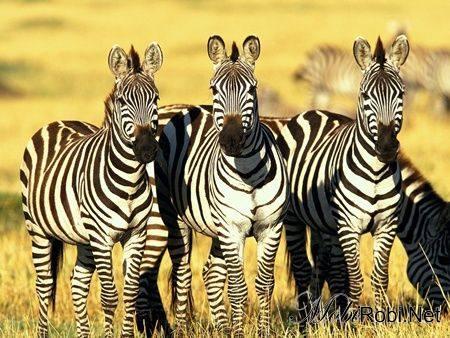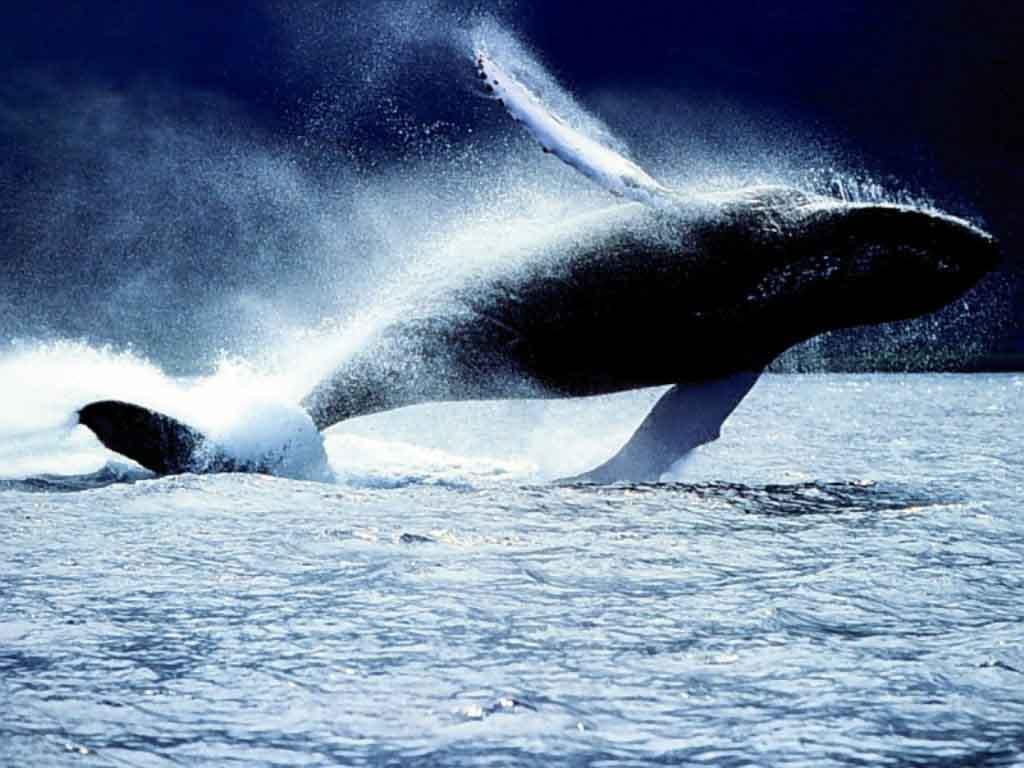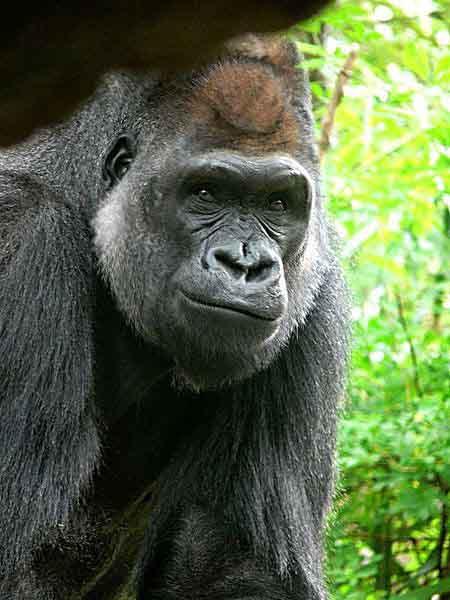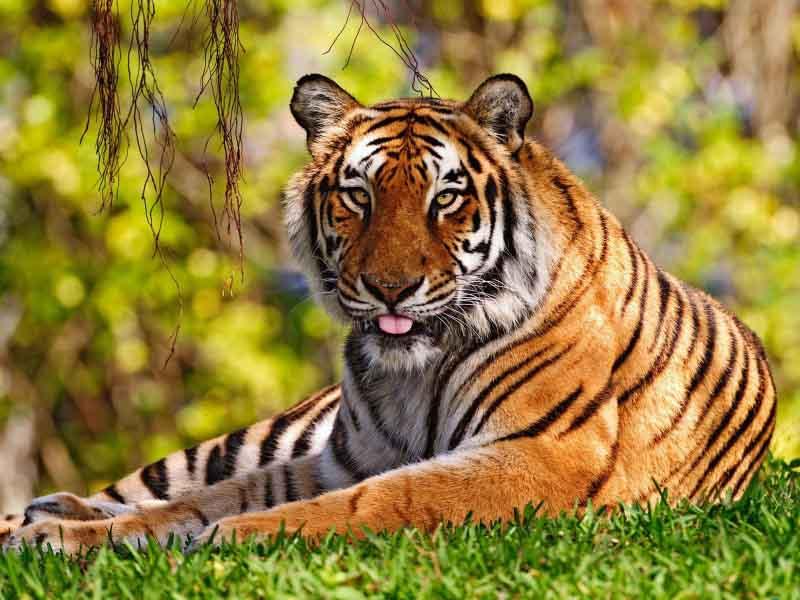Theme: “Animals are in danger”, “What is Jane going to do?”
Kind of lesson: Improving the knowledge and skills
Type of lesson: Combined-speech
Aims and objectives:
educational :
- To acquaint students with the world of animal protection societies and grammar theme “going to”;
- Repeat and consolidate lexical and grammatical material on «Animals in Our Life»;
Developmental :
- Develop attention, memory, language guess ;
educational :
- Promote a respect for the environment;
- Foster skill pair work ;
practical :
- Consolidate reading skills
- Train the skills of speaking and writing .
equipment :
- interactive whiteboard , projector, computer , handouts (sheets for the job ), video files, photo of the animals.
Procedure of the lesson
Organization moment.
Good morning, children and our highly respected guests! Sit down, please. I’m glad to see you today. I hope you will help me to make this lesson interesting! Now let’s begin!
Tell me please, who is on duty today?
what date is it today?
What day is it today?
What is the weather like today?
Phonetic exercise.
The elephants is like a wall
He is broad and very tall,
Upon his back we have a ride
And swim and sway from side to side.
Are elephants in danger? Are only elephants in danger? What other animals do you know who are in danger?
So what is the theme of our lesson? The theme is «Animals are in danger» and “what is Jane going to do?”
We live in a world that is full of the beauty of nature. Animals are the part of that natural world. People often treated animals more like things than living, feeling beings. We’ll learn that animals are more complex, we’ll learn some interesting facts about animals.
Vocabulary work
Ivory tusk – клык слоновой кости
Hunt – охотиться
Hunter – охотник
Appear – появляться
Disappear – исчезать
Enough – достаточно
Species - особенный
Threaten – угрожать
Presentation grammar theme
Оборот to be going to
Образуется глаголом to go в форме Present Continuous (am/is/are going -здесь имеет значение собираюсь, намерен) и инфинитивом смыслового глагола с частицей to.
am/is/are going to … - собираться…
I am going to play. Я собираюсь играть.
She is going to dance. Она собирается танцевать.
He is going to read. Он собирается читать
We are going to work. Мы собираемся поработать.
They are going to buy a car. Они собираются купить машину.
I am
ед.ч. is going to
мн.ч. are
собираться сделать что-то
Translate into Russian
I am going to help my mother.
He is going to play football.
My sister is going to cut a cake.
Girls are going to feed a dog.
Задание на карточках
Jane … going to sleep. (is)
I … going to take pictures. (am)
Students … going to visit London. (are)
The teacher … going to give me a “five”. (is)
She … going to stay at home. (is)
Working with book
Ex.1 p.138. Make up sentences with the words (6 класс)
Exercise 4 p.50. read the text and complete the chart below.(7 grade)
Do you know that...
There were 300 species of elephants everywhere, today you can find them in Africa and India. Especially Asian and Indian elephants are in danger. Hunters have been killing elephants for meat, for their ivory tusks for a long time.
Today many elephants in Africa are dying because they do not have enough food to eat and space to live. Today only I million elephants live on the planet. Some day they may disappear.
Before the war time tigers had enough space to live. Today tropical forests became less and less. People have been hunting tigers since the war. They may disappear, too.
People hunt the blue whale for meat, fat and oil.
Thirty years ago there were 100.000, rhinos in Africa. Today there are probably less than 4,000.|ln Kenya, Zambia and rhino horn is a fortune.
Presentation the new material
Task 1. “Crossword”
- I will give you out the papers with lots of letters. You should find the names of the animals in danger. (11 animals)
| t | d | t | g | p | a | n | d | a | p |
| o | d | i | o | k | o | a | l | a | a |
| r | r | g | r | h | i | n | o | g | r |
| t | a | e | i | e | i | d | d | g | r |
| o | p | r | l | w | h | a | l | e | o |
| i | o | e | l | e | p | h | a | n | t |
| s | c | r | o | c | o | d | i | l | e |
| e | l | r | a | w | o | l | f | w | t |
(Answer: panda , rhino , tiger , koala, whale, wolf ,
elephant , parrot, tortoise, leopard, crocodile).
Warm-up.
Stand up, sit down, stand up, turn round.
Clap left, clap right, clap up, clap down.
Look left, look right, look up, look down.
Turn round, sit down, touch something … brown!
Point to your teacher, point to the door,
Look at the window, look at the floor.
Stand on your left leg, stand on your right,
Now sit down and touch something … white!
- Thank you, you are very good!
Task 2. “Find the Russian equivalents of English proverbs”
If you run after two hares, you will catch neither.
Don’t count your chickens before they are hatched.
It is a good horse that never stumbles.
All cats are grey in the night.
To take the bull by the horns.
Цыплят по осени считают.
Хороша та лошадь, которая никогда не спотыкается.
За двумя зайцами погонишься, н одного не поймаешь.
D) Взять быка за рога.
E) Ночью все кошки серы.
(right answer:1-c, 2-a, 3-b, 4-e, 5-d).
Game: “show me animals”
Водящий должен показать животного, а остальные должны угадать ни сказав ни одного слова.
Conclusions
And what will we do?
WE’LL NEVER
1/KILL ANIMALS AND BIRDS.
2/HURT ANIMALS AND BIRDS.
3/HUNT ANIMALS AND BIRDS.
4/DISTURB ANIMALS AND BIRDS.
WE’LL ALWAYS
1/HELP ANIMALS AND BIRDS.
2/FEED ANIMALS AND BIRDS.
3/PROTECT ANIMALS AND BIRDS.
Home task
Thank you. And your home task is to find some information about one of the animal protection societies and make your own poster in deference of animals. You may work in pairs.
Count your cards.
Well, children, thank you for your work. Your marks are …. See you tomorrow. Good bye
Now the lesson is over. Good bye, children!
-






Conducted
an English teacher: Tauekelova O.A.
The main school village Karazhar
2016 year





















